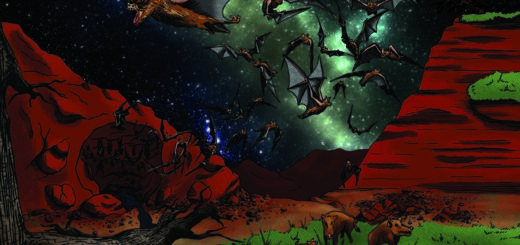Glasgow Science Festival Event: ‘In the Footsteps of Eddington: Proving Einstein Right with a Solar Eclipse’

2015 is the International Year of Light, but it is also the 100th anniversary of Einstein’s Theory of General Relativity; a theory that has resolutely stood the test of time and still provides us with our most comprehensible understanding of gravity so far.
Sir Arthur Eddington, a British astronomer, carried out an experiment in 1919 at the time of WW1 to test the predictions of Einstein’s theory of relativity, and found that it strongly confirmed it. On the 20th of March, Richard Middlemiss, a PhD student at the University of Glasgow, travelled to the Faroe Islands to repeat this experiment with modern devices.
Richard’s talk started with explaining the principles of special relativity, namely: time is slower for fast moving objects, and the speed of light is constant in any inertial reference frame. This was done by engaging the audience with several experiments such as using balls to mimic an eclipse and sheets to explain the concept of a gravitational well, a distortion in an otherwise flat spacetime, which occurs around massive bodies. He also went on to elucidate famous thought experiments in special relativity, such as the Twin Paradox.
Richard then explained the relevance of Eddington’s experiment: When light from distant stars in the sky pass by the sun to the Earth, it follows a curved path due to the sun’s gravitational well. Due to this bending of light, the stars would be observed at a different position than they truly were at the time their light was emitted. Comparing the positions of stars as observed at the time of the eclipse with their positions on the same night, and using some intricate relativistic mathematics, the validity of Einstein’s theory and the gravitational well can be put to the test.
Unfortunately, the weather in the Faroe Islands was not ideal on that day and did not allow for perfect measurements of this phenomenon. The lack of pretty eclipse pictures, however, was rectified with a fun 5-minute demo of the upcoming documentary about Richard’s trip, featuring the latest in Faroese music!
One hundred years after Einstein proposed this theory, general relativity remains an active area of research. The LIGO Scientific Collaboration, a major international project, believe that they might be only a few years away from detecting gravitational waves, a discovery that would further confirm Einstein’s theory.
Edited by Debbie Nicol











Splendid read!